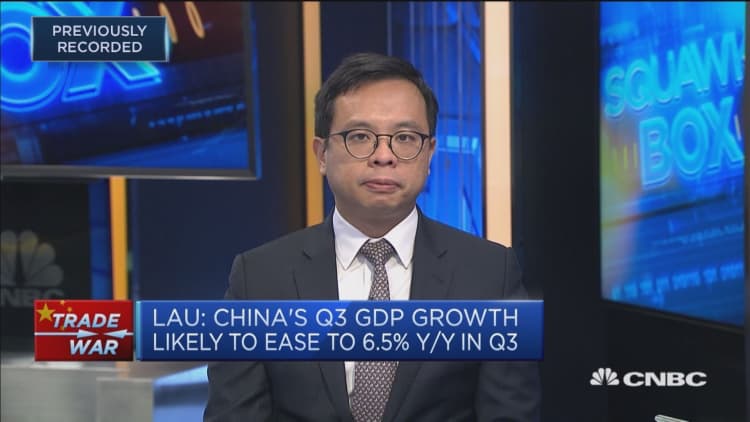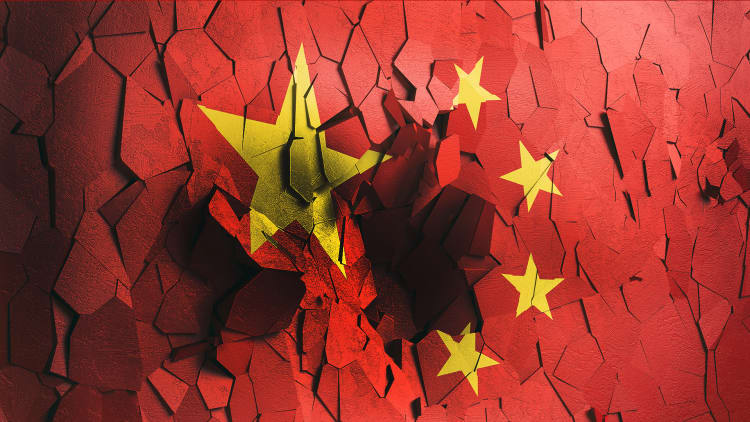Chinese President Xi Jinping and U.S. President Donald Trump may have agreed to put their bilateral trade war on pause, but that move is merely a "non-escalation rather than a ceasefire" between two of the world's largest economies, according to one strategist.
The agreement between the world leaders over dinner at the G-20 summit in Argentina does not address existing tariffs already set in motion, and that means continued pressure on China's economic growth, said Paul Kitney, chief equity strategist of Asia Pacific research at Daiwa Capital Markets.
The U.S. agreed to leave tariffs on more than $200 billion worth of Chinese products at 10 percent. If after 90 days the two countries are unable to reach an agreement, that rate will be raised to 25 percent, according to the White House. Trade negotiations will address forced technology transfer and intellectual property.
Until now, Washington had threatened to more than double the tariffs it has already slapped on $250 billion worth of Chinese imports, while Beijing has put targeted tariffs on $110 billion in U.S. goods.
"We still have tariffs imposed on a, you know, very large quantum, the impact of another three months of 10 percent tariffs on $200 billion of Chinese goods ... equates to around 0.2, 0.3 percentage points of GDP in China," Kitney told CNBC on Monday.

The continuation of such tariffs could bring "real economic consequences" to China, he said.
Chinese economic data releases have shown slowing growth and experts have pointed to Sino-American trade tensions and domestic challenges as possible causes. China's economic expansion slowed more than expected to the weakest pace since the first quarter of 2009, according to official data released in October this year.
China said its economy grew 6.5 percent year-over-year in the third quarter of 2018. That missed expectations for a 6.6 percent growth, according to analysts polled by Reuters.
"There does need to be some sort of resolution on here to get any sort of real economic relief," Kitney said.
WATCH: Is China's growth story over?

- CNBC's John Melloy, Huileng Tan, Yen Nee Lee, Kevin Breuninger and Javier E. David contributed to this article

